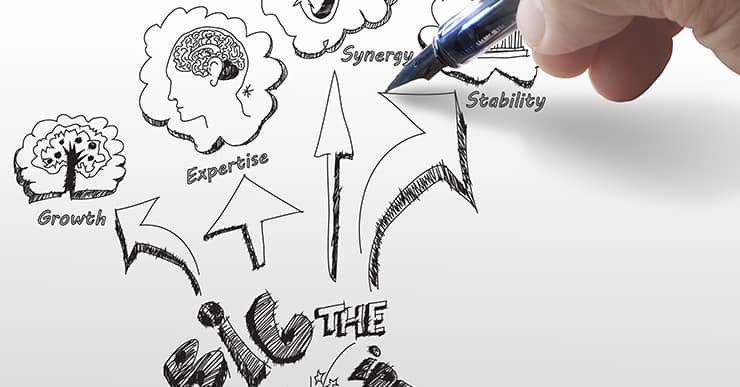ANNE GRADY, a guest writer for ceo.com, presents an article about neural exercises to increase cognitive flexibility, with an eye towards building and breaking habits.
She posits that most brains resist change because change is threatening to the homeostasis that means safety and health to the brain. While those of us with sufficiently developed prefrontal cortexes are capable of insisting the brain perform in new ways, we are not immediately rewarded with neurotransmitters related to contentment and success by the limbic system, our brain’s reward dispenser for lack of more specific vernacular.
She has five pieces of wisdom to share:
1. Emotion cannot be countered with logic. Observe your emotions, accept them, and move on.
2. Identify the reward that change will give you.
3. Identify barriers to change and manage them before attempting change.
4. Social pressure and support can facilitate change
5. Remember that all change starts with changing your perspective and thoughts.
Read more: Your Brain Doesn’t Want To Change: 5 Ways To Make It


